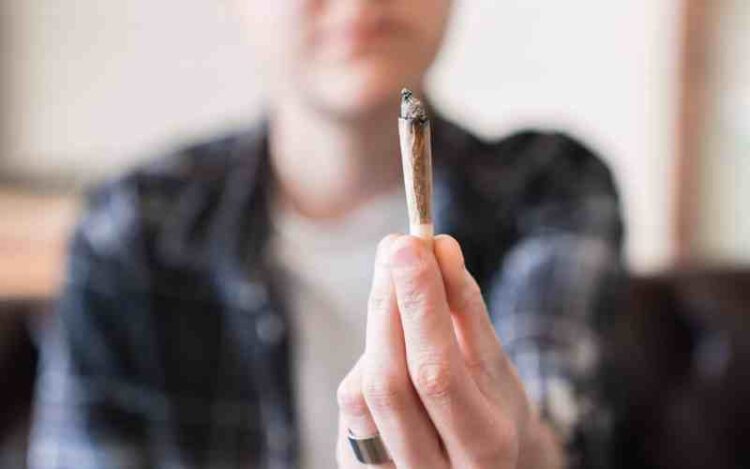A research article in the Journal of Health Economics explores the effects of cannabis legalization on tobacco consumption. The paper, titled “Have recreational marijuana laws undermined public health progress on adult tobacco use?” found that state-level cannabis reforms are associated with reduced tobacco smoking. The research was a collaborative effort involving Bentley University, San Diego State University, and Georgia State University. The authors claim this is the first study to extensively analyze how the legalization of recreational cannabis impacts tobacco usage in adults.
The research presents three significant findings. Initially, data from the National Survey on Drug Use and Health (NSDUH) and the Population Assessment of Tobacco and Health (PATH) indicate that the enactment of recreational marijuana laws (RML) boosts adult cannabis consumption by approximately 2-5 percentage points, including through vaporizing methods.
Furthermore, the study provides no evidence that the legalization of recreational cannabis has increased tobacco use among adults. Instead, it suggests that RML implementation alongside the opening of recreational cannabis dispensaries correlates with a significant rise in the use of electronic nicotine delivery systems (ENDS) compared to states without active dispensaries.
The authors suggest that the proliferation of recreational cannabis dispensaries significantly contributes to the substitution of tobacco with marijuana among adults.
However, the paper also highlights concerns from public health officials who urge further research. They worry that increased cannabis smoking might inadvertently lead to the renormalization of smoking habits, potentially hindering progress made by tobacco control policies.
The 1964 Surgeon General’s report, which linked smoking to lung cancer and stated that smokers had a 70% higher mortality rate than non-smokers, marked a turning point in public health awareness, according to the National Library of Medicine. This historical document had profound effects, sparking widespread media coverage and initiating a change in public perception about smoking.
Decades later, the reduction in tobacco use has been notably earlier in states that embraced recreational cannabis laws, such as Colorado and Washington, compared to those that did not. These findings seem to support the theory that cannabis can act as a substitute for tobacco among adults, as suggested by the researchers.
RELATED: Youth Prefer Tobacco and Alcohol Despite Growing Cannabis Reforms









